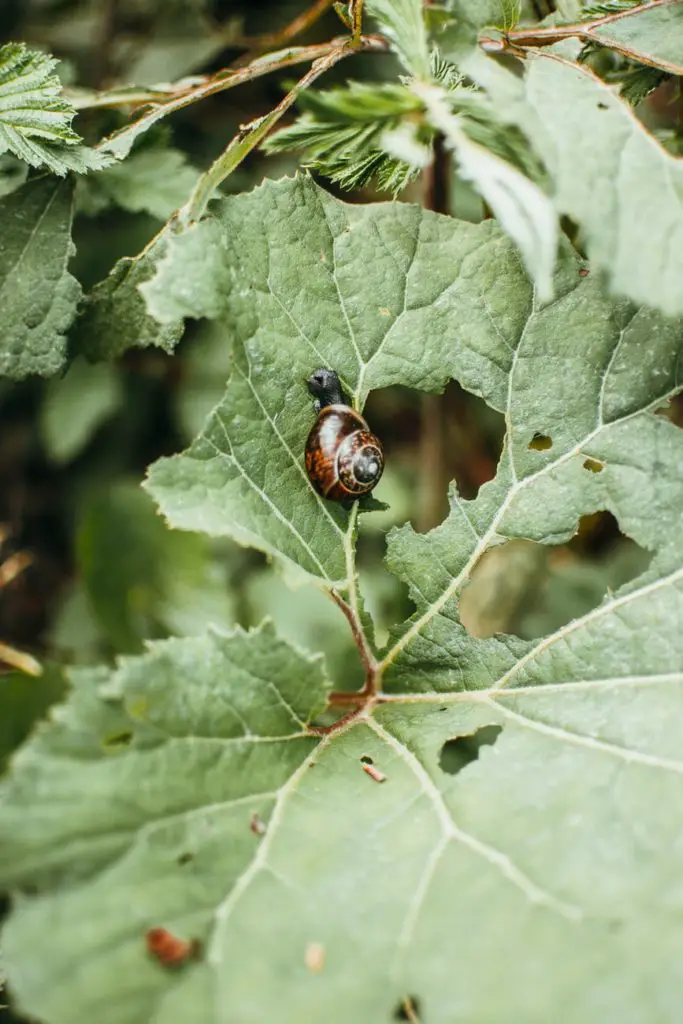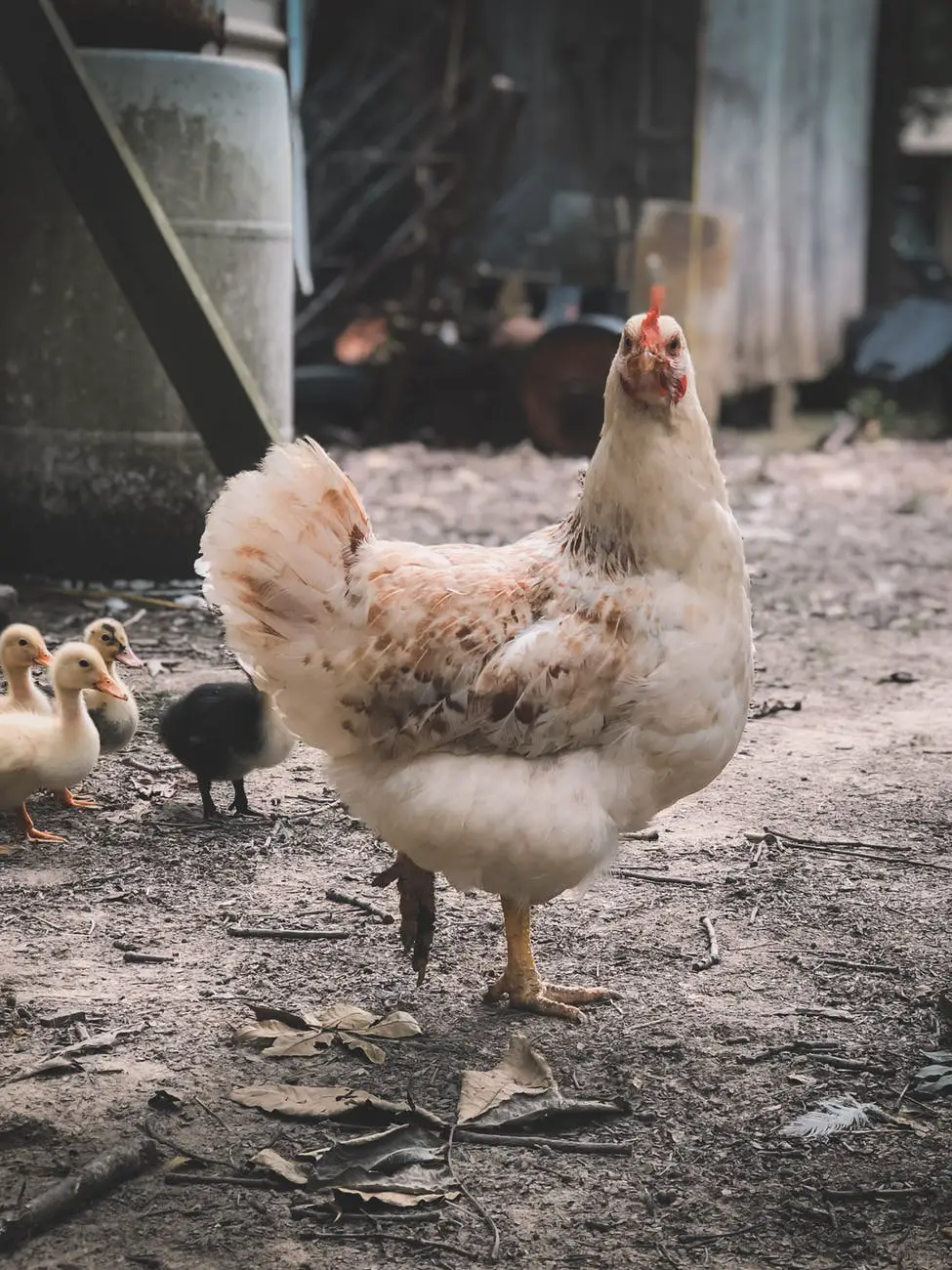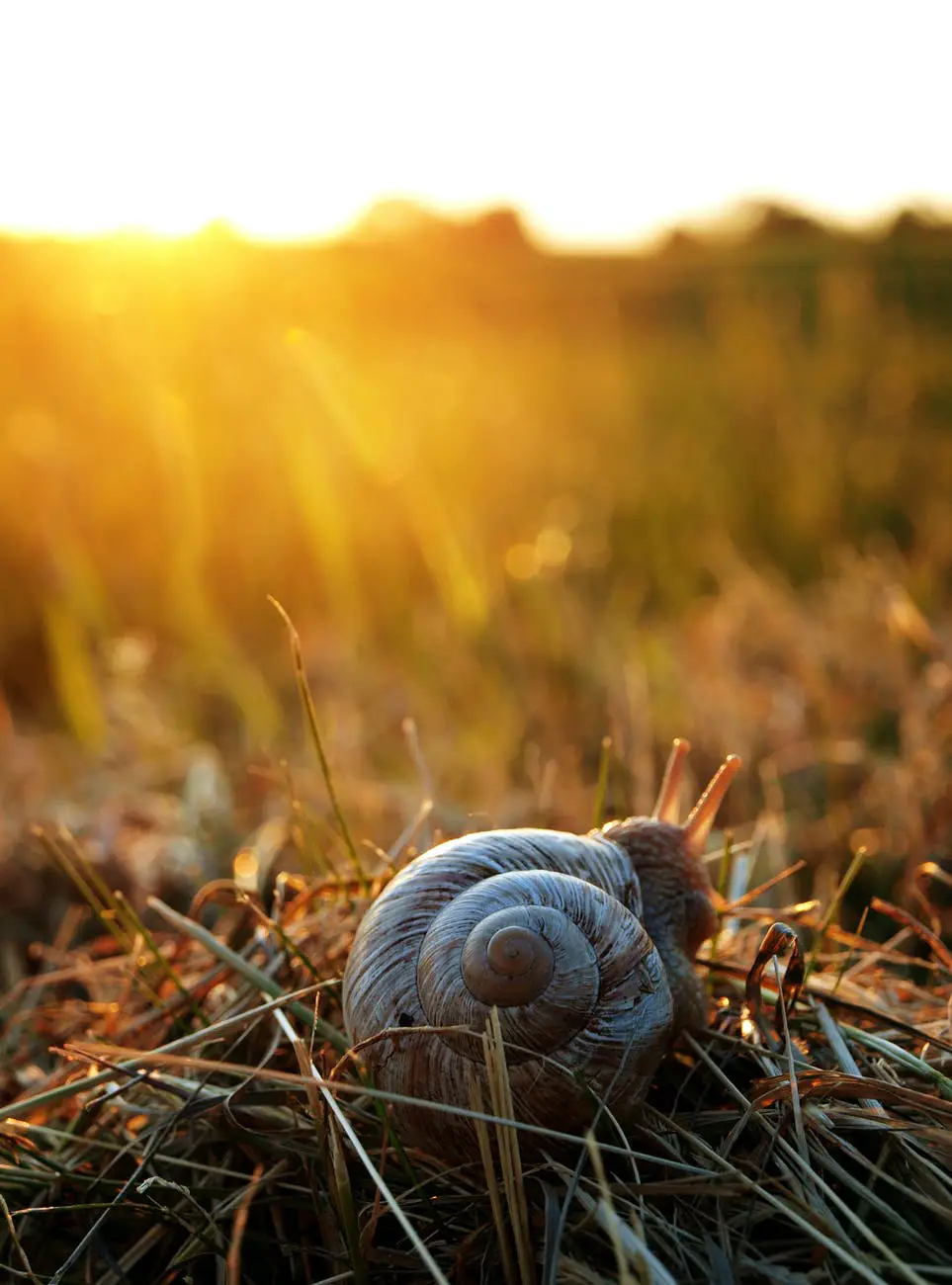Finding slugs or snails eating your lovely garden is a horror. How can something that moves so slowly do so much damage? All right, that’s a rhetorical question. Hardly anyone ponders that philosophically. Rather, we’re more interested in how to bar the little creatures from our poor defenseless plants.

There are a number of strategies, and most of them are simple and readily available. We have found that it’s more effective to combine them. In that way, if there’s a breach of one method, others will remain in place. The main thing is that we want to avoid poison. Other wild animals find slugs and snails delicious, and it would be very rude to hasten their demise as well.
1. Practice companion planting
Some plants have natural pesticides that are offensive to slugs. Astrantia, for example, has a scent that slugs don’t like. Commonly known as Masterwort, this is in the celery family and makes a nice ground cover with lovely blooms on long stalks. Snails also avoid pungent herbs such as Rosemary, Anise, Wormwood and Rue.
2. Deny cover to molluscs
Snails and slugs love to loiter beneath bricks, logs and garden furniture. Remove such shelter or make a base of pea gravel for a more uneven surface. Allow access for natural predators such as song thrushes, hedgehogs, newts, slow worms and toads.
3. Create a prickly barrier
Spread a ring of crushed eggshells, sharp sand, thorny cuttings (such as Rose prunings) or even pine needles around plants you want to protect. Anything that will be uncomfortable to a slug will do. Keep a watch, though, because rain will tend to wash away some materials and your perimeter will need to be refreshed.
4. Slip-sliding away
If your plants live in pots, spray or coat the sides to make a slippery surface that slugs and snails can’t climb. Vegetable oil will do nicely. Just ensure that whatever you use is non-toxic.
5. A shocking development
Copper tape supposedly delivers a small electric shock to a trespassing slug. That theory is debatable, however, or else the snail just likes the buzz. However, copper sulfate has been used against aquarium and pond snails for years. They hate the taste. The most common width of copper tape doesn’t present enough of a barrier to a hungry snail, and they slime right over it on the way to their prized leafy snacks.
Look for copper tape that’s wide enough (more than 4cm) and has a high enough percentage of copper alloy to give the little creatures a really bad taste. Electric guitar insulating tape would be ideal. Wrap it round a pot or lay it on the ground near your lovely plants.
6. Trap them, Or hunt them down, Whatever works
Pick a shady, damp spot and leave several old lettuce leaves or some cat food kibbles. When the slugs gather at their unexpected treat, scoop them up and throw them in the compost or garden bin. You may be surprised at the number of night visitors caught by this method. Also, take night walks in your garden to catch them as they move about.
7. The nematode controversy
Some people swear by the use of nematodes for slug control. Others swear at them. Tiny roundworms, nematodes are slug parasites. As such, one would think they might be the perfect solution: Nearly hidden (exclusively underground), no chemicals, seemingly no harm to other animals. However, they have certain drawbacks. Nematodes take a long time to get down to work – 2 to 8 weeks. Keep the garden damp until they work themselves into the ground (how can you tell if you can barely see them?). They only affect the common garden slug. Spanish slugs and all snails are unaffected. Large garden slugs laugh at nematodes. Nematodes are not long-lived, therefore the colony must be resupplied. It can get pricey.
By the time 8 weeks have passed and you still have nightly marauders chomping on your salad greens, you may be tempted to season them with salt in desperation! Eek! But hang fire, throwing salt is not only cruel to them but it isn’t good for the plants either.
8. The Most Natural Way: Work with the food chain
Last but not least, slugs and snails are born to be food for larger animals. Allow that to happen. And chickens also relish slugs, whilst making nice pets. Guinea fowl do the job, and provide property security with their alarm services. In addition, Henrietta Hen will control grasshoppers and, if she feels like it, gift you an egg or two every day or so. Win-win!


